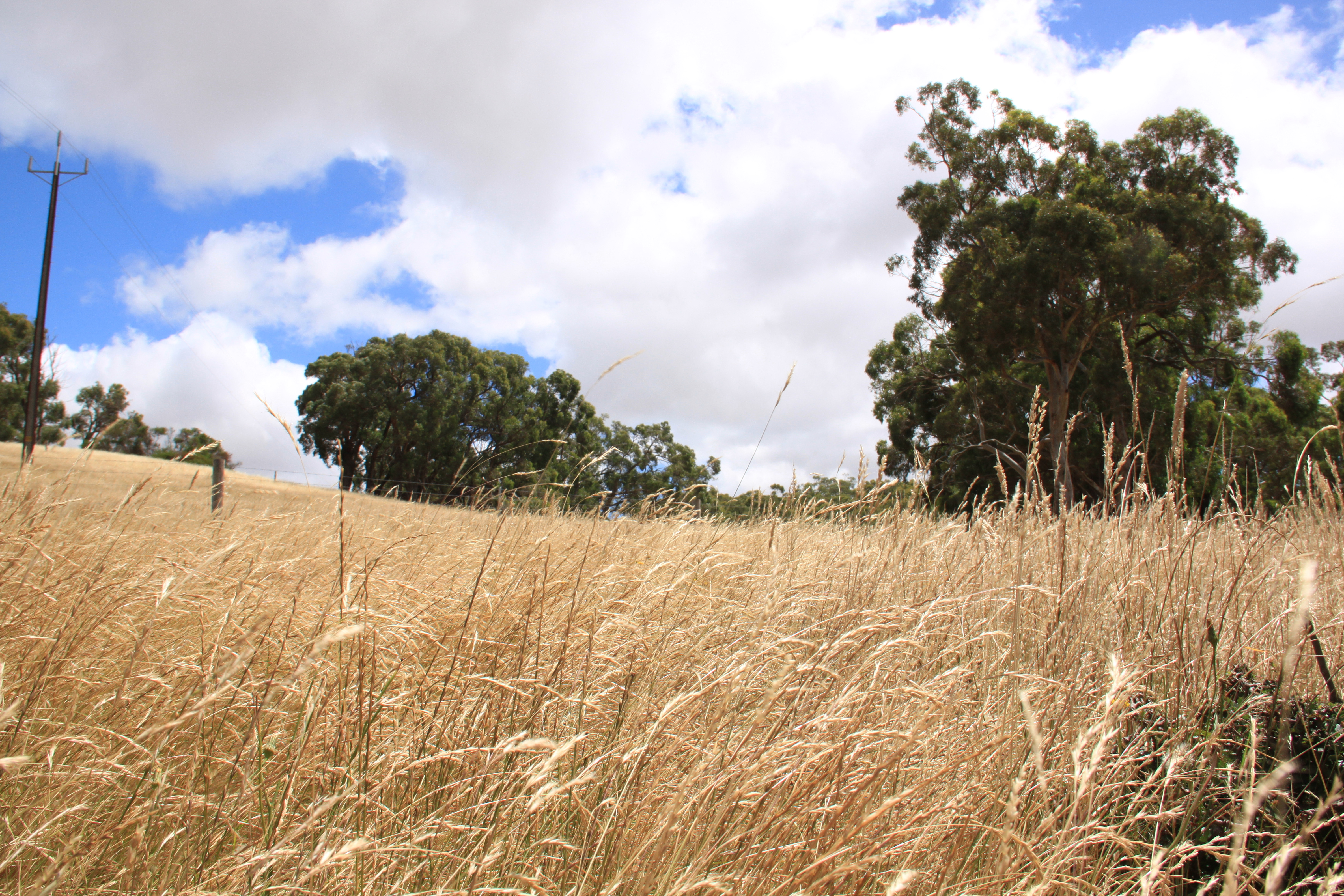
Livestock SA is the voice of South Australia's livestock producers
Representing the interests of livestock producers across South Australia, Livestock SA plays a critical role in ensuring a productive and sustainable red meat and wool industry in the state.
Livestock SA staff and representatives focus on the issues that matter most to our members and support public policy and technical innovation aimed at growing the livestock industry’s contribution to regional, state and national economies while sustaining the natural environment.
With Livestock production occurring on 84 per cent of South Australia’s agricultural land, our members take their stewardship responsibility seriously and make an invaluable contribution to the management of land in South Australia.
Working with government, other industry sectors and the community our vision is for a progressive and sustainable South Australian red meat and wool value-chain, that is connected and adaptable. Together, we are empowered to capture market opportunities and to continually improve the wellbeing, productivity and profitability of our livestock, people and land.
Policy and advocacy are directed by five key pillars:
- Our Livestock
- Our Environment
- Our Market Access
- Our People
- Our Industry
